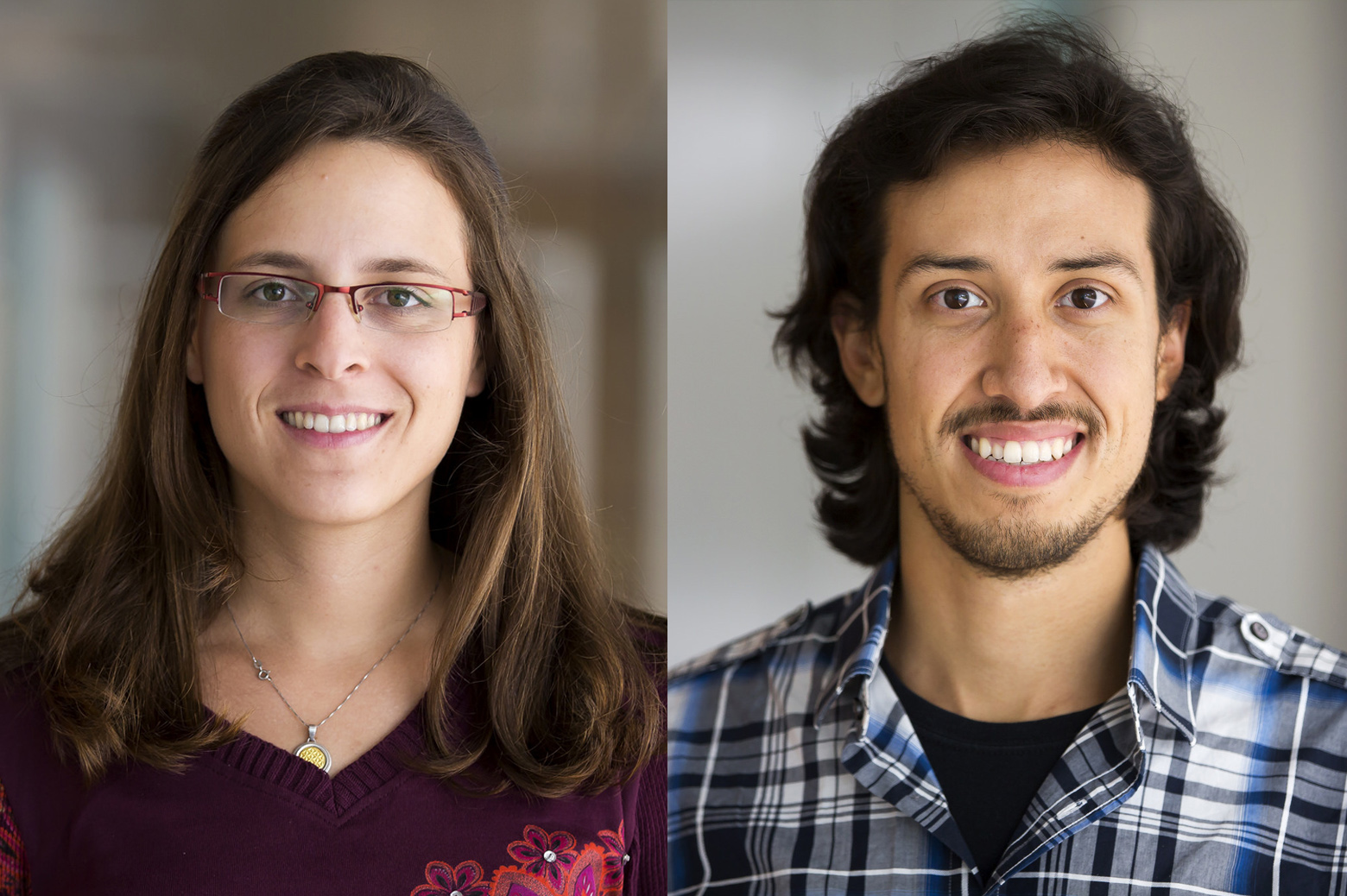CSE researchers funded to make online communication smarter
Profs. Danai Koutra and Walter Lasecki have been awarded two grants from Trove, an Ann-Arbor based startup built on the vision of improving communication using artificial intelligence.

 Enlarge
Enlarge
Profs. Danai Koutra and Walter Lasecki have been awarded two grants from Trove, an Ann-Arbor based artificial intelligence startup built on the vision of improving communication using artificial intelligence. Under these projects, the researchers will develop novel methods and tools that will help make intelligent online communication smarter.
Understanding email exchange
The first project, which is led by Prof. Koutra, focuses on designing new, efficient methods for understanding the patterns behind email exchange.
The network structure of email exchange alone captures invaluable information about our day-to-day online interactions, and can provide fascinating insights into the relative importance and influence between users. This, in turn, can be used for email-related recommendations that are tailored to a user’s needs and goals.
The team will analyze a large-scale dataset consisting of over 3.7 billion email exchanges between more than 250 million users over tens of years. At a global level, the proposed work will seek to characterize the properties of a communication-based graph (“who-emails-whom”) and its changes over time. At a user-level, the network structure and other rich semantics will be leveraged to analyze user behaviors and identify normal and anomalous behavioral patterns, by employing scalable methods and visualization systems developed in the GEMS (Graph Exploration & Mining at Scale) Lab.
Deeply understanding the wealth of information encoded in a communication-based social graph is expected to inform the design of intelligent communication assistants, which will be tailored to the needs of individual users, and help the users understand and take advantage of the invaluable information that is readily available in their daily communications.
Future directions will include combining the graph structure with email content for tasks such as intent identification and email importance ranking, which will help users effectively deal with email inbox overload.
Improving online communication tools
The second project, which is led by Prof. Lasecki, aims to create new means of interacting with online communication tools, which provide scalable messaging services, but are not yet capable of helping users cope with the resulting deluge of messages they receive.
The researchers envision a future in which intelligent personal assistants (IPAs) powered by AI will help people to more effectively triage messages through natural, multimodal interaction. These IPAs could also help people access information in messages more easily, and to gain more in-depth insight into the relationships they have with their communication partners.
The team will prototype a diverse set of intelligent agents using real-time crowd-powered systems that their lab has pioneered. Crowdsourcing will allow them to flexibly create deployable “Wizard of Oz” (human-backed) systems that let them get insight into the potential real-world benefits and tradeoffs of IPAs and methods of interacting with them.
The work proposed will result in new methods for interacting with overloaded communication channels through intelligent assistants, and scaling annotation of complex network data in domains where context is not always available. It will also facilitate future work on creating new types of intelligent assistants, and training machine learning based versions of them using human-in-the-loop annotation processes. The researchers’ ultimate goal is to guide the design of future systems, create new methods for prototyping IPAs, and explore the design space of intelligent assistants more broadly.
U-M/Trove collaboration
Profs. Koutra and Lasecki will make the research process and their results and insights from these two projects available to Trove. This unique collaboration further connects CSE with the vibrant tech startup scene in Ann Arbor. The researchers hope that this collaboration will open the way to even more connections with the local tech industry.
 MENU
MENU 
